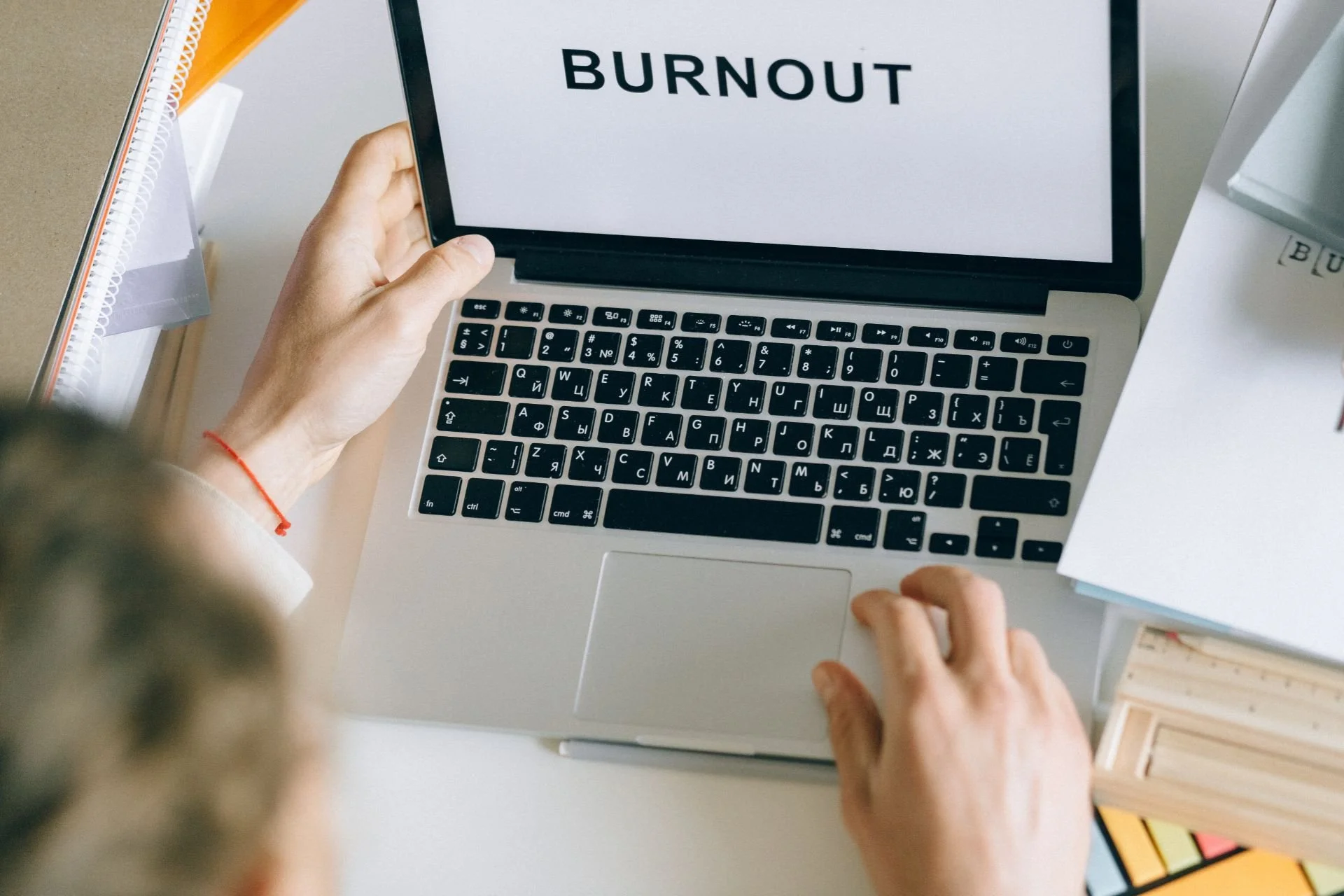What is burnout? And ways to recognize the signs
Burnout is more prevalent than ever in our productivity-fixated culture and even more so for BIPOC and other marginalized identities. There also tends to be a spike towards the end of the year as people are eagerly looking forward to taking a break from their busy work lives to rest, to self-reflect and to connect with families and loved ones. As we continue to navigate pandemic fallout, many have been experiencing pandemic fatigue, which is a term synonymous to burnout (more commonly related to work-related stress). The years have been riddled with prolonged stress, pain, loss, fear and uncertainties which plays into the mental, emotional and physical exhaustion many of us are feeling as a result.
The term burnout is used to describe the experience of chronic stress (more commonly work-related) that leads to:
Physical and emotional exhaustion
Cynicism and detachment
Diminished sense of personal effectiveness and accomplishment
When you’ve reached full burnout, functioning effectively on a professional and personal level becomes challenging.
Burnout does not happen overnight. It gradually builds up as your mind and body are forced to navigate a constant state of stress. Some signs of burnout include:
Physical & emotional exhaustion
Chronic fatigue
Insomnia
Forgetfulness
Loss of appetite
Physical pain
Anxiety
Depression
Anger
Increased vulnerability to catch a cold/infection
Cynicism & detachment
Loss of enjoyment
Desire to avoid or escape work/stress
Pessimism
Isolation
Feelings of anger or resentment when people reach out
Disconnected from others or environment
Diminished sense of effectiveness & accomplishment
Feelings of apathy and hopelessness
Feeling useless or unimportant
Increased irritability
Lack of productivity and focus
|
BURNOUT OR DEPRESSION? |
|
Not a medical condition Predominantly caused by chronic occupation or work related stress Impairment generally impacts one's ability to do their job effectively (but when full-fledged can impact personal relationships and overall health |
Fatigue Depressed mood Hopelessness Isolation Diminished appetite |
Psychiatric/diagnosable condition termed as “major depressive disorder” Caused by combination of genetic, familial & environmental triggers Pervasive in all areas of one’s life, not just workplace Impairment extends to social, occupational, and everyday functioning |
Ways to Prevent Burnout
Make time to honestly assess the amount of stress in your life and find ways to reduce it before you reach full burnout
GIve yourself permission to take a break from work. Schedule your breaks in advance and let others know you will be offline.
Nourish your body with healthy and nutritious food and incorporate daily exercise
Remind yourself that your worth is inherent (and not earned through constant accomplishments)
Sources: The Tell Tale Signs of Burnout ... Do You Have Them? and How to Deal with Coronavirus Burnout and Pandemic Fatigue.

